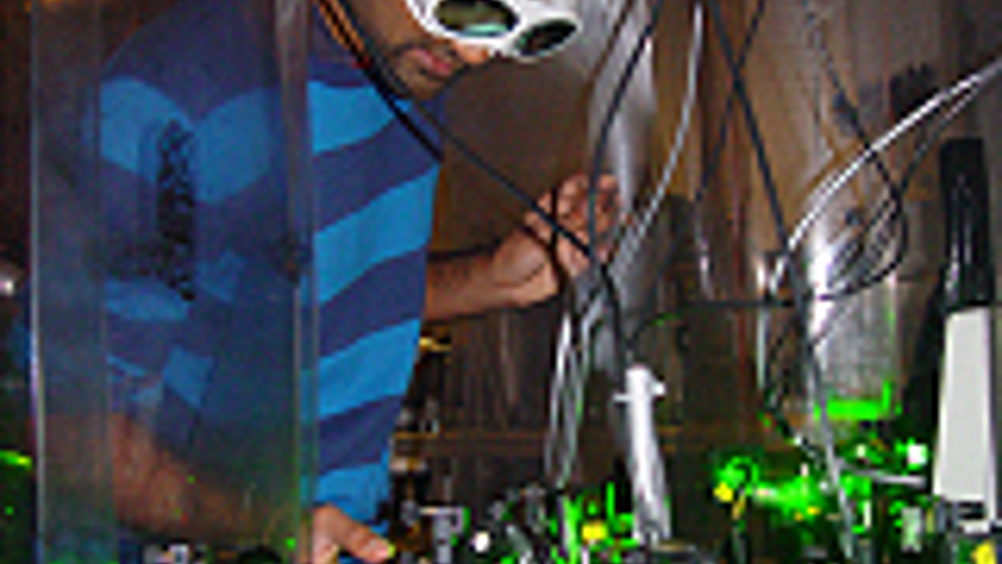Electron an almost perfect sphere, say university researchers
1 min read
Scientists at Imperial College London say they have made the most accurate measurement yet of the shape of the electron, finding it is almost a perfect sphere. The decade long experiment suggests the electron differs from being perfectly round by less than 1x10-27cm.

Physicists from Imperial's Centre for Cold Matter studied the motion of electrons within ytterbium fluoride using a precise laser. If the electrons were not perfectly round then their motion would exhibit a distinctive wobble, distorting the overall shape of the molecule. The researchers saw no evidence of a wobble, but are planning to measure the electron's shape even more closely.
The team says the results are important in the study of antimatter and that understanding the shape of the electron could help them find out how positrons behave and how antimatter and matter might differ.
The currently accepted laws of physics say the Big Bang created as much antimatter as ordinary matter. However, only minute amounts of antimatter have been found in cosmic rays and some radioactive substances.
Imperial's Centre for Cold Matter aims to explain this lack of antimatter by searching for tiny differences between the behaviour of matter and antimatter. According to the team, had they found that electrons are not round, it would have provided proof that the behaviour of antimatter and matter differ more than physicists previously thought. This could explain how all the antimatter disappeared from the universe, leaving only ordinary matter.
To help improve their measurements of the electron's shape, the researchers at the Centre for Cold Matter are now developing methods to cool their molecules to extremely low temperatures and to control the exact motion of the molecules.












